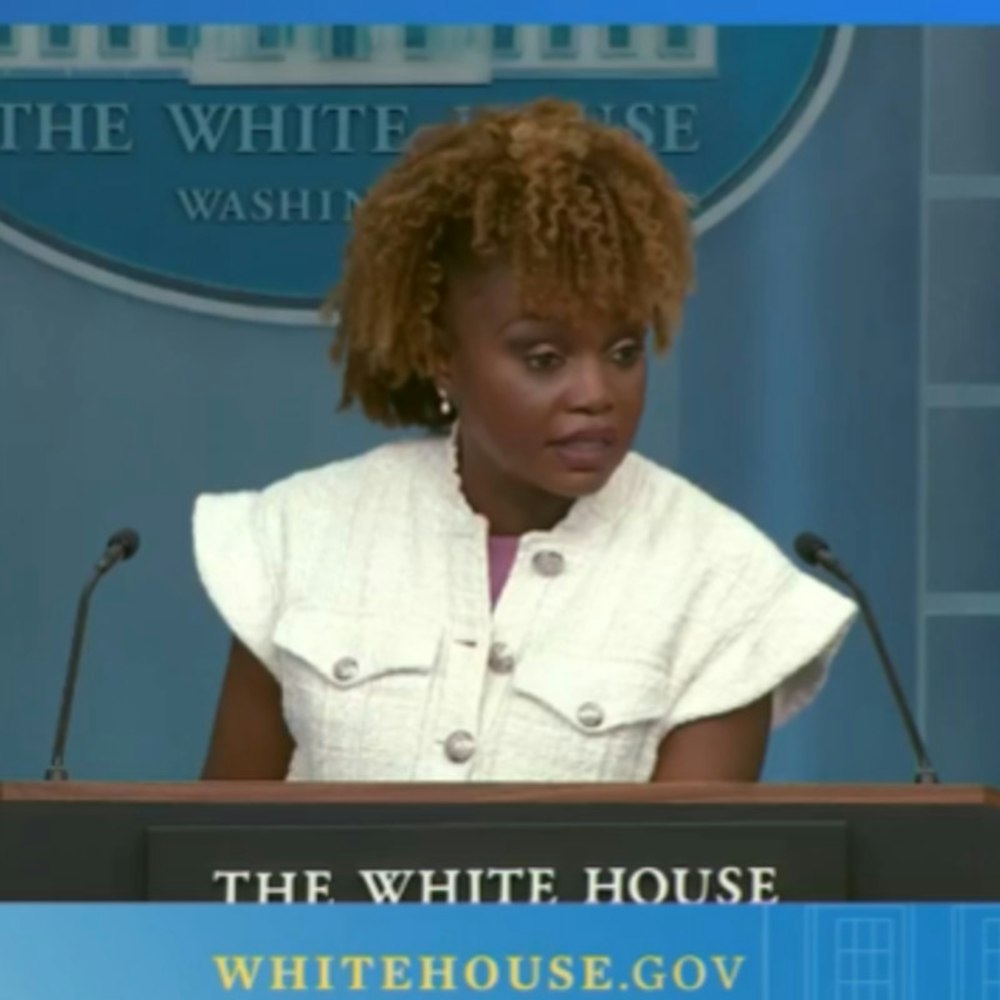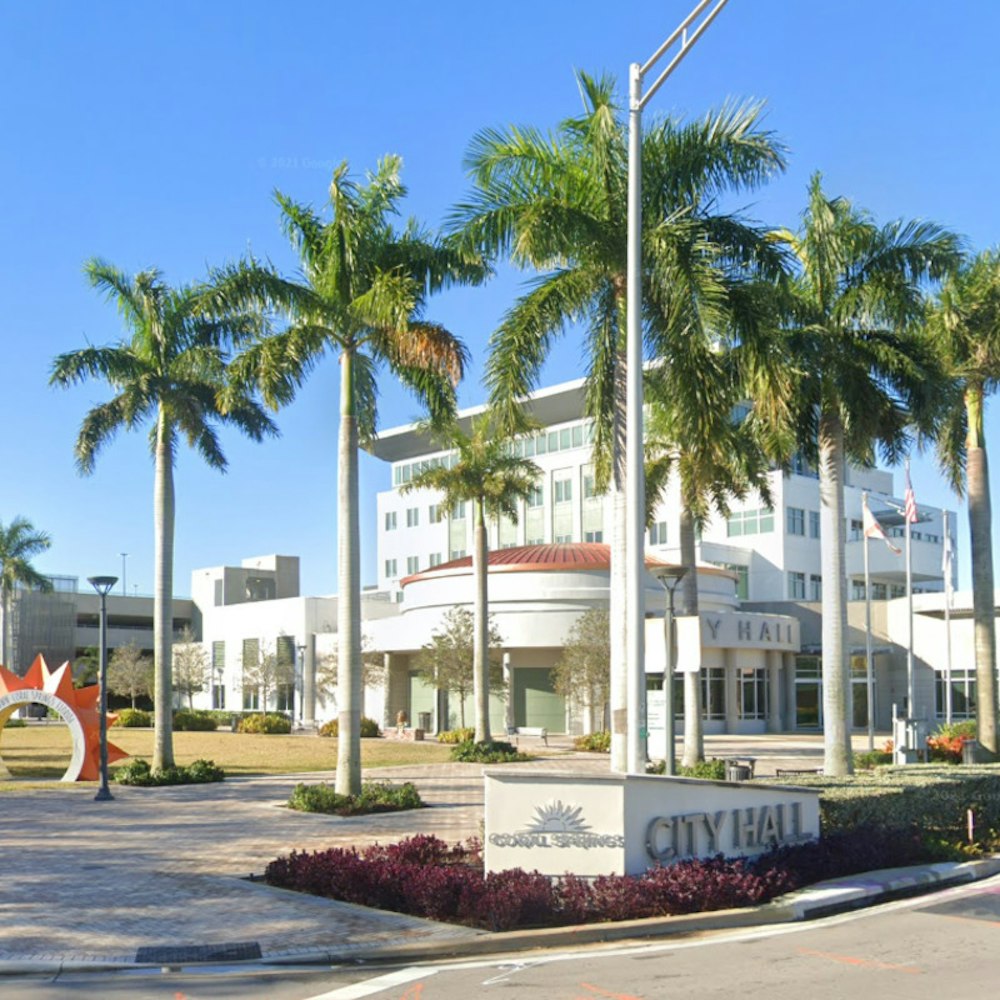
Today, the Massachusetts Department of Public Health (DPH) declared new performance standards and workforce training requirements for local public health departments, aiming to provide homogeneous, first-rate health services to all residents. These initiatives were born out of the 2020 legislation–An Act Relative to Strengthening the Local and Regional Public Health System, according to the Department of Public Health.
DPH, along with local public health partners, formed these standards in accordance with the recommendations in the Special Commission on Local and Regional Public Health's Blueprint for Public Excellence Report. They are designed to act rigorously as a base for all public health practitioners to have the necessary knowledge and training for their roles.
These performance standards represent a significant departure from the inconsistent public health standards often observed across Massachusetts. Cheryl Sbarra of the Coalition for Local Public Health argues that this will encourage uniformity and equity to counter contemporary challenges, as per the press release.
DPH aims to introduce accessible, standardized training through an online training portal and nearly $5.5 million dedicated towards ten field training hubs located throughout the State. These hubs will provide valuable information about regulatory compliance and public health subjects.
Demonstrating its commitment to professional growth, DPH also plans to establish workforce standards for public health nurses. On this aspect, Massachusetts Association of Public Health Nurses' President Gail Johnson affirmed that increased efficiency in service delivery by health nurses would enhance health outcomes, furthers DPH.
These innovative standards were formed in close cooperation with the 305 involved municipalities. A thorough capacity assessment identified areas with the requirement of additional resources. This collaborative approach facilitated $13.8 million in grant allocation in Fiscal Year 2023 to foster inter-municipal shared service arrangements.









